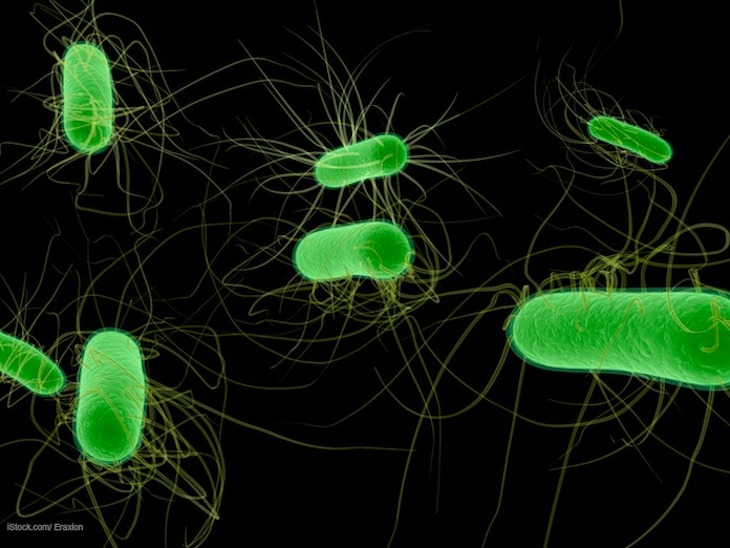There are now seven Seattle Evergreen Restaurants associated with an E. coli O157:H7 outbreak that has sickened 15 people, an increase of two more patients since the last update posted in December 2019. The outbreak appears to be over, according to the Seattle King County Health Department, but the investigation is ongoing. Three people were hospitalized because they were so sick.

The seven Seattle Evergreen restaurants named by the health department include Evergreen locations at:
- Pioneer Square (106 1st Avenue S, Seattle)
- University District (4609 Village Ter NE, Seattle)
- Downtown (823 3rd Avenue, Seattle)
- Chinatown-International District (504 5th Ave South, Seattle)
- Sammamish Highlands (600 228th Avenue NE, Sammamish)
- Seattle-Tacoma International Airport (17801 International Blvd, Seattle)
- 2nd and Pike Street (1430 2nd Ave, Seattle)
The last restaurant was added to the list in the most recent outbreak notice. The meal dates for patients ranged from November 5 through November 11, 2019, and illness onset dats range from November 8 through November 17, 2019. Thirteen of the patients live in King County, and two live in Snohomish County.
The outbreak notice states that “We are still investigating and do not yet have conclusive results about what caused the outbreak.” Genetic testing conducted on patient isolates confirms that the strains are closely related based on isolates of 11 of the 15 cases, indicating a common source of infection.
Data suggests that this outbreak is different from the large multistate E. coli O157:H7 outbreak linked to romaine lettuce grown in Salinas, California. But the CDC has named this outbreak as one of three potentially linked to romaine lettuce, and the FDA has stated that they have identified a common grower in this outbreak, the large multistate outbreak, and an outbreak in the upper Midwest that has sickened eight people linked to Fresh Express Sunflower Crisp Chopped Salad Kits.

If you or a loved one has been diagnosed with food poisoning, you can contact attorney Fred Pritzker for help by calling 1-888-377-8900 or 612-338-0202.
All of the restaurants have received excellent ratings in inspection reports. And Environmental Health investigators visited 6 of the Evergreen locations where ill people reported eating. They did not observe any environmental or behavioral risk factors associated with the spread of E. coli bacteria.
The report ends with these words, “This local outbreak could be the result of a contaminated product delivered to and served at Evergreens. In addition, many of the people who became ill after eating at Evergreens also reported eating raw vegetables, including leafy greens, from sources other than Evergreens in the days prior to their illness, meaning they could share a separate source for their illness, unrelated to Evergreens.”
Public Health is working with the Washington State Department of Agriculture and the FDA on tracing distributors and sources for ingredients that ill people ate before they got sick to try to find the source of this outbreak.




